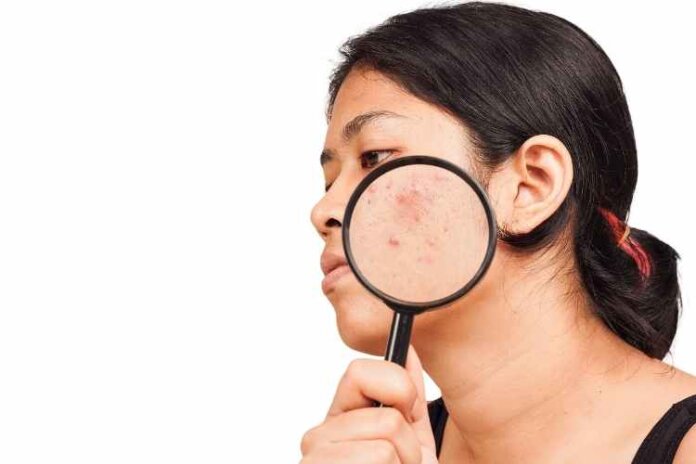
It might seem as though it’ll never happen to you, but there’s a good chance you’ll face an unexpected health diagnosis at some point. It’s part of the human condition. The diagnosis might be minor, or it might be a life-changing or life-limiting one. Along with the diagnosis can come any number of reactions. It’s important to have compassion for yourself during this time. Once you’ve gotten past the initial shock, what are some constructive things you can do? Read on for several ideas.
1. Gather Your Resources
With the help of a supportive friend or significant other, ask your health provider some specific questions that will point you in a positive direction. What are some trustworthy online resources you can consult? Are there clinical trials, experimental treatments, or alternative approaches that might be beneficial? From questions about why you have tiny red spots on skin to the reasons for alterations in your sleeping habits, it’s important that you receive accurate information.
2. Gather Your Team
Your professional team consists of your specialist related to your diagnosis, your primary care provider, other specialists, outside consultants, and allied/alternative health specialists who can assist you along the way. You and your advocate should ensure that they are communicating with each other effectively and on the same page regarding interventions.
3. Gather Your Friends
An unexpected diagnosis often leads to adjustments in your social life and your friend support group. Determine who should be in the “inner circle” of your life, and who should be on the outer rings regarding communication about your diagnosis. Be sure your inner circle is nurturing and trustworthy. This is a time to be clear and honest about your feelings, needs, and concerns. Your well-being comes first.
4. Gather Your Support Group
Nobody can quite understand what you may be experiencing like someone who has a similar diagnosis. Fortunately, there are many IRL and online support groups that offer comfort, perspective, and information. Being an active part of a support group boosts optimism, decreases loneliness and isolation, and provides consolation. You might stay in your support group for a long time, or choose to “dip in” periodically.
5. Gather Your Family
Take a look at your family constellation, and decide who you want to tell about your diagnosis, and how much you want to share. This will vary according to your family and situation. Once you’ve decided who you’ll tell, don’t hesitate to ask for what you need. An unexpected diagnosis brings the opportunity for supportive families to be present for each other in new, life-giving ways.
6. Gather Your Spirit
Cultivating a strong spiritual connection and practice is especially important when dealing with an unexpected diagnosis, and is associated with improved health. For you, spirituality may have to do with a specific religious tradition, or it may not. It’s mainly concerned with a sense of connectedness with something larger than the isolated self. Whatever type of spirituality appeals to you, it’s a good idea to spend time cultivating it as part of your self-care plan. Do what feels authentic for you and your cultural context.
7. Gather Your Strength
Now, it’s more important than ever to practice good health habits to stay as strong and resilient as possible. Keep it simple. Eat a nutrient-dense, delicious diet that brings you energy and pleasure. Make sure you’re sufficiently hydrated. Put together an exercise or movement routine that is safe and doctor-approved. Decrease your stress as much as possible, moving away from places, people, and things that drain you. Take a look at your sleep habits, and adjust them so that you feel as rested as possible. To heal and thrive, it’s imperative to prioritize your well-being.
8. Gather Your Downtime
There are increased life complications that come with an unexpected diagnosis. In the middle of addressing it all, don’t forget to take as much downtime as you require. There might be days when you need to get away from it all and not focus on your illness or others’ needs.
Dealing with a new diagnosis involves reorienting important aspects of your life. Keep these strategies in mind as you make decisions, receive support, and take care of yourself.











